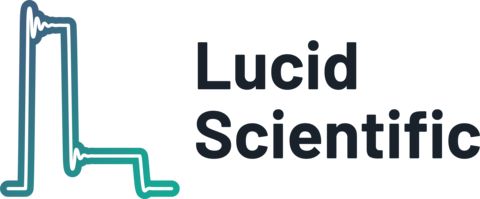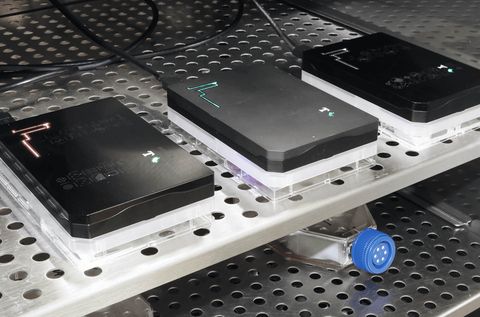Lucid Scientific Secures $7 Million Series A Financing Led by IAG Capital Partners
Maker of continuous real-time metabolic analysis systems experiences growing demand. Will build capacity for new product offerings, manufacturing, and global sales and marketing.
September 26, 2023 05:42 PM Eastern Daylight Time
ATLANTA–( BUSINESS WIRE )–Lucid Scientific, a life science instruments company that manufactures Resipher, announced the completion of a $7 million Series A financing led by IAG Capital Partners. Additional participants include Lucid’s original investor base, the Georgia Research Alliance’s Venture Fund, and Dynamk Capital, bringing Lucid’s total funding to date to approximately $13 million. Proceeds from this round will help the company aggressively expand production, sales and marketing, as well as broaden new product advancements. IAG Venture Partner Dr. Ehsan Jabbarzadeh will join Lucid’s Board of Directors.


“We are thrilled to partner with Lucid Scientific to market a ground-breaking technology for real-time analysis of cell metabolomics,” said Dennis Sacha of IAG Capital Partners. “The platform will provide scientists with a powerful tool to understand dynamic biological responses and the discovery of cures for most difficult diseases.”
The financing accelerates exceptional momentum for Lucid, and for their upcoming launch of new Resipher hardware and consumable products this fall. Resipher provides researchers with valuable insights into cellular metabolism that are of central importance for a wide range of therapeutic applications and drug safety considerations. Resipher converts standard cell culture plates into smart readers that detect and report metabolic changes in real-time. This data significantly accelerates the cell culture research cycle by bridging the gap between performing experiments and gaining actionable insight.
“This financing enables Lucid to continue improving the Resipher line of products for researchers and drug discovery teams whose work directly impacts human health,” said Dr. Walker Inman, CEO of Lucid Scientific. “We are excited to have Ehsan and IAG join our team, as they provide a wealth of experience and help position Lucid to achieve our goals.”
Lucid Scientific is a life science instruments company working to accelerate drug discovery and fundamental biological research by providing systems for real-time cellular analysis. Headquartered in Atlanta, GA at the Advanced Technology Development Center (ATDC), Lucid is supported by public and private sources including IAG Capital Partners, Dynamk Capital and the GRA Venture Fund. lucidsci.com
IAG Capital Partners is based in Charleston, South Carolina and partners with innovative leaders to build companies that will change the world. iagcapitalpartners.com
Dynamk Capital is a growth equity and venture capital firm focused on life sciences industrials. Dynamk’s investment strategy is centered on identifying companies developing disruptive technologies, tools, and services that enable the full biopharma continuum across discovery, development, and manufacturing of biotherapeutics, including cell & gene therapies and vaccines. dynamk.vc
GRA Venture Fund is a public-private venture capital fund investing in research-driven, Georgia-based startup companies. The Fund makes seed, early-stage and mid-stage investments in companies. Fund investors are the State of Georgia, private individuals, corporations and foundations. graventurefund.org
Contacts
info@lucidsci.com
+1-617-237-0665





